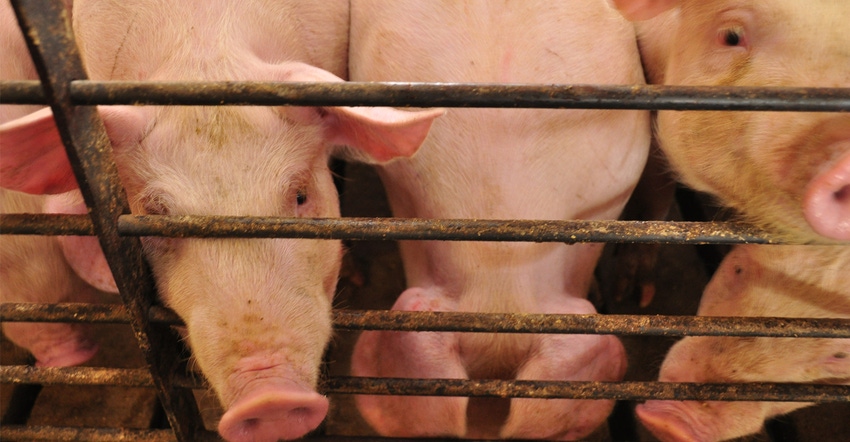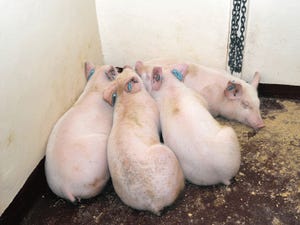African swine fever dialogue open in Asia thanks to USDA grant
Work will include swine health field projects, including collection and analysis of disease samples, which are valuable data for all participants and U.S. pork producers.
August 29, 2019

The global outbreak of African swine fever, a disease affecting only pigs with no human health or food safety risks, is growing, with new cases appearing throughout Southeast Asia and China. While there are no reported cases of ASF in the United States, a grant recently awarded to the Swine Health Information Center, with active support from the National Pork Producers Council, aims to start a dialogue between the two regions, sharing veterinary knowledge and ways to prevent the disease from further spreading.
The approximately $1.7 million grant from the USDA’s Foreign Animal Service division will fund the multi-phase project, helping to build strategic partnerships, while increasing trade of U.S. pork to the region. The work will include swine health field projects, including collection and analysis of disease samples, which are valuable data for all participants and U.S. pork producers.
“Pork production is a global business and working with industry representatives from Vietnam on these projects will be mutually beneficial for all,” says SHIC Executive Director Paul Sundberg, DVM, PhD, DACVPM. “The Swine Health Information Center looks forward to fulfilling the responsibilities of this grant from USDA and in the process deliver value to U.S. producers for the benefit of national herd health.”
“NPPC, in partnership with SHIC, National Pork Board, American Association of Swine Veterinarians and USDA, is committed to reducing the risk of the U.S. swine herd contracting foreign animal diseases, including ASF. With ASF spreading throughout Asia, this project will represent an important tool to further open both communication and markets between our regions,” says NPPC President David Herring, a pork producer near Lillington, N.C.
Under the first phase of the project, the groups will identify and meet with key stakeholders in Vietnam. In phase two, the groups will train the Vietnamese veterinary workforce on ASF prevention and control, helping to build local veterinary capacity. Concurrently in the final phase, ASF-related field projects will be implemented, including those helping to inform the U.S. pork industry about effective ASF preparedness and response.
Information the projects will gain include:
Identifying pathways for viral entry on farms
Validating use of swine oral fluids to confirm farm or region positive or negative status
Exploring the potential to isolate the virus on one area of a farm to enable other areas to provide pigs free of ASF contamination
Validating cleaning and disinfecting procedures so farms may be repopulated as soon as it is safe
Assessing cross-border risks and risk management of transboundary swine diseases
NPPC and SHIC are working closely with the USDA and the other industry organizations to first prevent ASF from entering the U.S. swine herd and to be prepared to respond should an outbreak occur. The industry is actively identifying and prioritizing critical research needs and working in collaboration with state and federal animal health officials to make sure that, at a national level, all appropriate biosecurity measures are being implemented.
Click here for further information on industry-wide efforts to prevent ASF.
Sources: Swine Health Information Center and the National Pork Producers Council, which are solely responsible for the information provided, and wholly own the information. Informa Business Media and all its subsidiaries are not responsible for any of the content contained in this information asset.
You May Also Like



